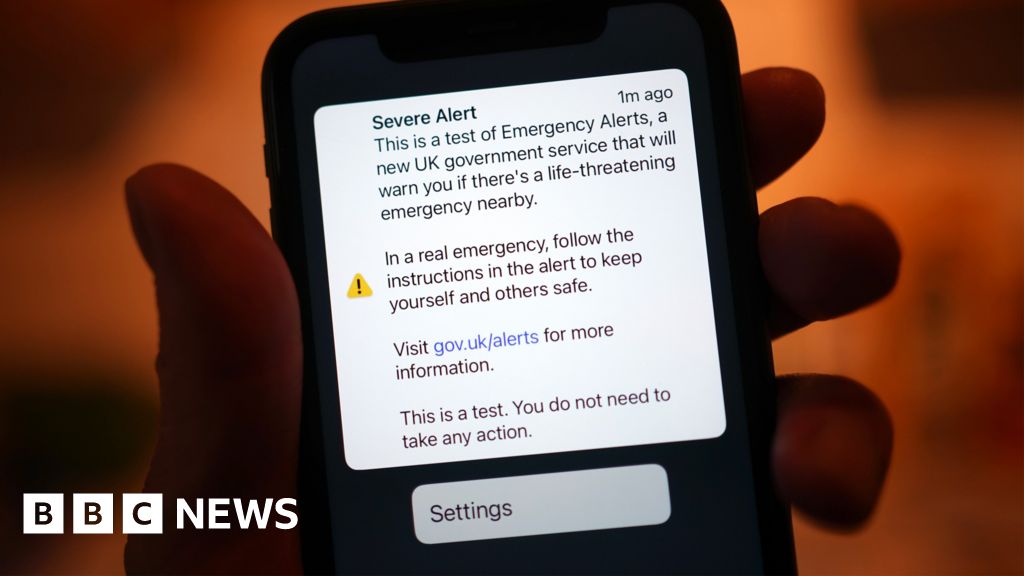Fraudulent apps are making almost a quarter of a million dollars a month, DoubleVerify says
Ad fraud watchdog DoubleVerify says dozens of popular apps that generate white noise so you can sleep at night are actually busy stealing almost $250,000 a month, each. The good news: they’re not stealing your money. The bad news is that you’re potentially aiding and abetting criminals stealing millions of dollars from advertisers. Plus depriving legitimate apps, musicians, and audio creators of the revenue they deserve.
“Throughout 2023 and 2024, dozens of apps were discovered,” DoubleVerify says. “Even with a conservative estimate of audio CPMs at $5-$7 (many are often over $20), we estimate an impact of at least $225,000 per app, monthly.”
(CPMs are cost per mille, or cost per thousand ad impressions.)
How does it work?
First, the fraudsters create a white noise app. Then they set up fake servers to counterfeit ad requests supposedly coming from legitimate users of the app, who do not actually exist. They send the fraudulent requests to ad exchanges, where advertisers bid on the illusory audio inventory for the right to play their audio ads. When they buy ad space, the fraudsters collect the cash, but no ad is ever played.
“This fraudulent activity not only wastes advertisers’ money but also diverts funds away from legitimate audio channels and publishers,” DoubleVerify says.
The key to unmasking the fraudsters was that they may have gotten too greedy. While white noise ads typically play in the evening and night time when people want to go to sleep and need the distraction, DoubleVerify found dozens of apps that were sending ad impressions throughout the entire day, even when people are most likely to be awake, working, and not trying to get to sleep.
Legit sleep app versus an accused ad fraud sleep app
As you can see in the chart, a typical legitimate sleep app will show high activity during regular sleeping hours. A potentially fraudulent one, on the other hand, shows high activity during daytime waking hours.
According to DoubleVerify, researchers manually verified that the ads were not actually being broadcast.
Less greedy apps might never have been found. All they would have needed to do was blend in with normal sleep and waking hours better.
The company says that bot fraud—faking actual human users with bots, or computer code—is on the rise, with 269% more fraud variants in 2023 and a 58% increase in fraud schemes. There’s a common pattern here: find a new niche, whether it’s connected TV or sleep apps, and exploit it.
“To date, we’ve identified hundreds of long-tail audio apps that are committing this type of SSAI fraud,” DoubleVerify says. “Annually, the DV Fraud Lab detects over 1,000 apps generating fake impressions and attempting to blend in with legitimate traffic.”
Two apps DoubleVerify says are engaged in fraud right now are Deep Sleep and Deep Sleep Kids, both on Google Play. I’ve attempted to contact the publisher of those apps, SNK Digital, but the Contact Us form returns an error and the LinkedIn page for the company returns “The Page you’re searching for no longer exists.”
I’ve sent the company a message via its Instagram profile, and will update this post if anyone responds.


